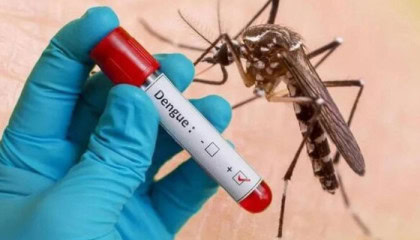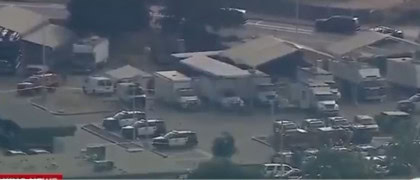LAHORE – The University of Health Sciences (UHS) Lahore commenced a comprehensive four-day training course on Tuesday titled “Core Concepts in Hematology”, aimed at strengthening the theoretical knowledge and hands-on skills of medical professionals in the field of hematology. The course has been organized by the Hematology department.
The course was inaugurated by UHS Vice Chancellor Prof. Dr. Ahsan Waheed Rathore, who, in his welcome address, emphasized the growing significance of hematology in both clinical and research domains. “The practice of medicine is becoming increasingly reliant on precise diagnostics. Hematology is at the heart of this evolution, and through this program, we aim to equip our professionals with the skills and insight necessary to meet the challenges of modern healthcare,” he said.
He further encouraged participants to take full advantage of the opportunity, stating, “This course is not just a learning exercise, it is an opportunity to grow, exchange ideas, and make the most of expert-led training.”
Pro-Vice Chancellor Prof. Dr. Nadia Naseem highlighted the initiative as part of UHS’s ongoing efforts to enhance postgraduate training. “Such focused programs not only refine clinical competencies but also ensure that our graduates can contribute meaningfully to patient safety and evidence-based care,” she added.
The course opened with academic sessions on key themes including updates in screening hemoglobinopathies by Prof. Dr. Shabnam Basheer, an overview of the future of hematology by Prof. Dr. Nisar Ahmed, and the importance of integrated bone marrow reporting by Prof. Dr. Samina Naeem.
The first day concluded with a hands-on workshop at the UHS Hematology Lab, led by a team of facilitators including Head of the Department, Prof. Asif Naveed, faculty members Dr. Umera Saleem, Dr. Umme Habiba, Dr Hassan Raza , Dr Sidra Rasool, Ghulam Mustafa and Khansa Qamar. Participants actively engaged in learning practical skills essential to laboratory diagnostics.
Over the next three days, the training will cover advanced topics such as flow cytometry, complete blood count (CBC) interpretation, bleeding assessment tools, hemoparasite detection, immunohematology, coagulation testing, transfusion thresholds in pediatric patients, and ethical aspects of hematology practice.
The course will conclude on July 4 with a closing ceremony where certificates will be distributed among the participants.



















